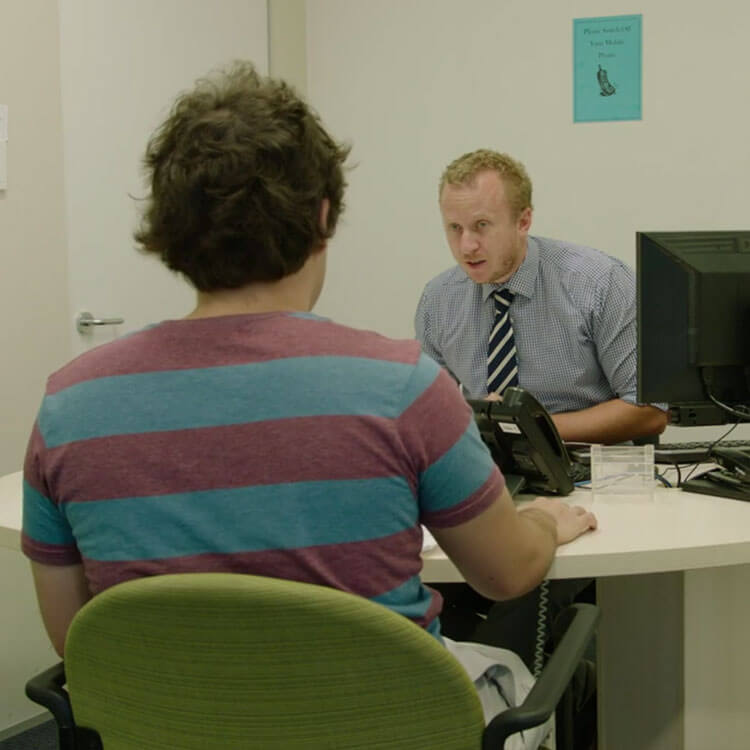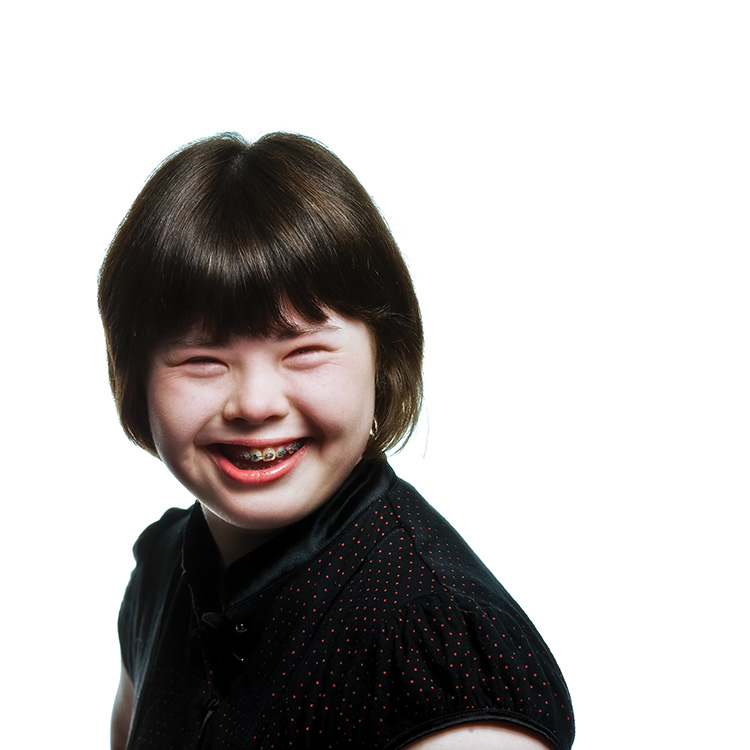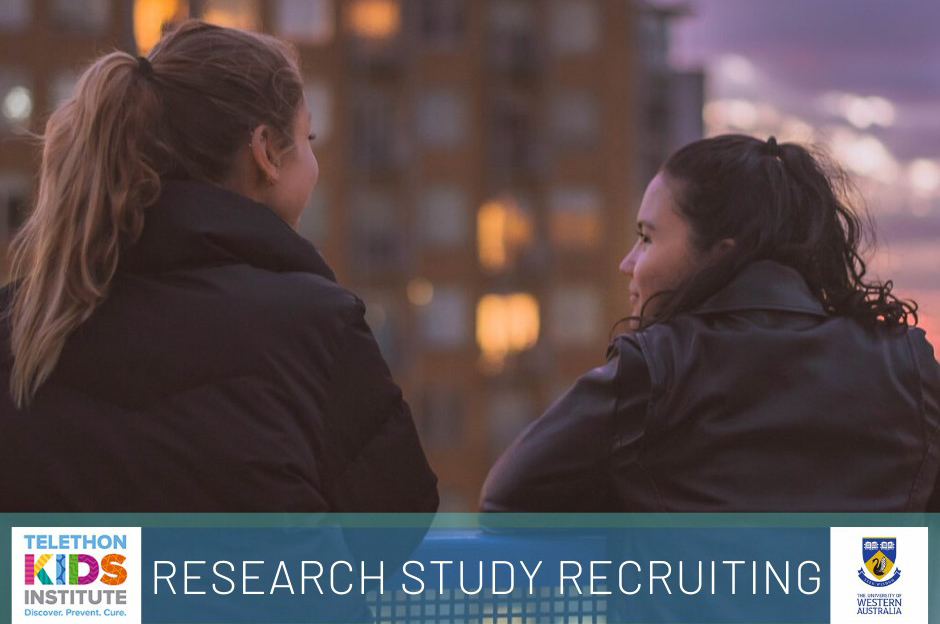Search

Getting involved in a real-life research project.

We’re looking to better understand and measure ‘quality of life’ of school aged children with Down syndrome.

Our researchers want to know what causes chronic lung disease in babies born very preterm. We can learn more about what's happening in the lungs by measuring the air that babies breathe out.
Besides the challenges associated with their teenage years, adolescents with Type 1 Diabetes (T1D) encounter additional challenges of having a chronic condition.
Our researchers are always looking for people to take part in a range of real-life research projects. You can contribute to research that could change lives.
This research project is a collaboration between The Kids Research Institute Australia, Muscular Dystrophy Western Australia, Perth Children’s Hospital and Curtin University.

Are you 14-18 years old and attracted to people the same gender as you? We want you to help us understand how you feel other people see and treat you, and how this affects your mental health.

The Youth Mental Health team is looking for a diverse group of young people to help inform research into mental health in LGBTIQ+ young people.
